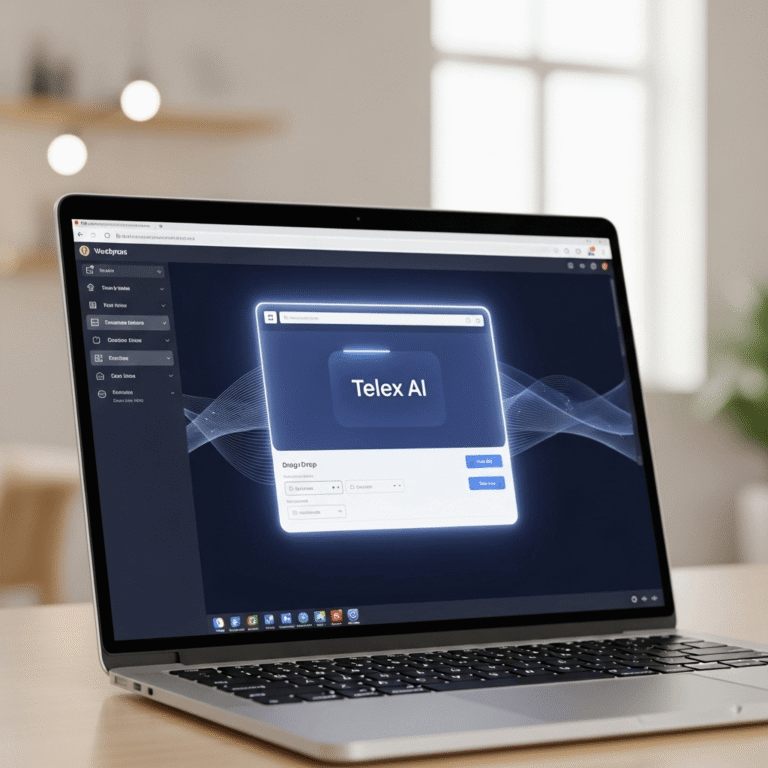Nurun’s AI Adoption: Cracking the Code on Employee Buy-in
The rapid rise of artificial intelligence presents both immense opportunities and significant challenges for businesses. Many companies struggle with effective AI adoption, often facing employee resistance or a lack of clear strategy. However, one pioneering company, Nurun (now part of Publicis Sapient), cracked the code, successfully integrating AI into its core operations. This article delves into their unique approach, revealing how they transformed a potentially intimidating technology into a catalyst for growth and innovation.
From Resistance to Readiness: Empowering Employees for AI Adoption
Initially, like many organizations, Nurun encountered a common hurdle: employees viewed AI with skepticism, often fearing job displacement rather than seeing it as a powerful new tool. This widespread apprehension is a major barrier to successful AI integration. To overcome this, Nurun recognized that simply imposing AI tools would not work. Instead, they focused on a crucial shift in mindset, understanding that employee empowerment in AI adoption was paramount. They embarked on a comprehensive strategy to demystify AI and demonstrate its value.
First and foremost, Nurun prioritized education. They created an internal program to help employees understand what AI is, how it works, and, crucially, how it could enhance their existing roles, rather than replace them. For instance, they emphasized AI’s capacity to automate tedious, repetitive tasks, thereby freeing up valuable human time for more creative and strategic work. This perspective change was vital. Furthermore, leadership actively championed the initiative, showing genuine enthusiasm and participation, which instilled confidence throughout the company. Consequently, employees began to see AI as a collaborative partner, not a threat, thereby fostering a more welcoming environment for technological change.
Unlocking AI’s Potential: Strategic Training and Real-World Application
Moving beyond mere explanation, Nurun implemented practical, hands-on training to build genuine competency. They understood that theoretical knowledge alone was insufficient for effective AI strategy. Therefore, they established small, agile “AI learning pods” – cross-functional teams tasked with exploring specific AI tools and applications relevant to their daily work. These pods encouraged experimentation, allowing employees to play with AI in a safe, low-stakes environment. For example, a pod might explore how AI could assist with content generation, brainstorming new ideas, or even optimizing code for greater efficiency.
This experimental approach was key to business AI success. It allowed employees to develop practical skills, such as becoming adept “AI prompt engineers” – learning how to effectively communicate with AI tools to achieve desired outcomes. Moreover, Nurun encouraged the development of concrete use cases tailored to their business needs, ensuring that AI efforts directly contributed to improving services and workflows. In addition, the company celebrated small victories and shared successes widely, motivating others to engage. Ultimately, this continuous cycle of learning, applying, and refining transformed their workforce into confident AI collaborators, demonstrating the significant benefits of a proactive and human-centric approach to AI in the workplace.
Nurun’s journey provides a clear blueprint for successful AI integration: prioritize human-centric strategies. By fostering a culture of learning, experimentation, and collaboration, businesses can confidently navigate the AI landscape. Embracing this proactive approach ensures that AI becomes a powerful ally, driving both innovation and employee empowerment for a future-ready workforce, proving that cracked the code on AI adoption is achievable for any forward-thinking enterprise.
Source: The Globe and Mail







